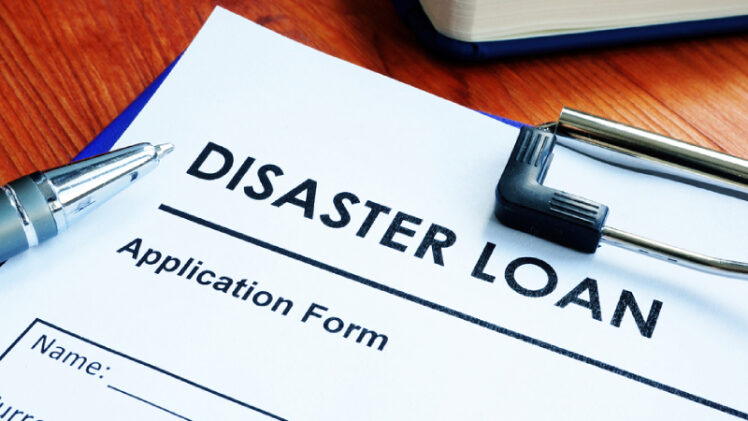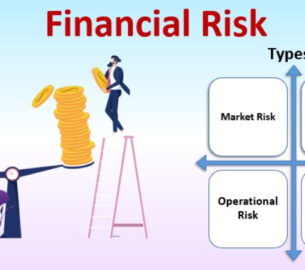It is no question that disasters are devastating for businesses. With tight margins and little room for emergency savings, any revenue loss can be enough to put a business out of commission. Luckily the Small Business Administration offers loans following natural disasters like hurricanes and wildfires, so you don’t have to worry about your livelihood going up in smoke!
What Is A Small Business Administration (SBA) Disaster Loan?:
The Small Business Administration is your best bet for disaster relief when you find yourself struggling to stay afloat. Suppose a catastrophe or disaster has left your business in shambles. In that case, the SBA can help bridge any gaps that may have been created by an uninsured event and give you financial support while insurance claims are processed and funds are distributed.
What Are The SBA’s Disaster Loan Requirements?:
The Small Business Administration (SBA) provides relief to those who have been hit by disaster in the form of loans. They provide financial assistance for many different types of disasters, including one that has recently gripped the world: a virus called coronavirus. The SBA tries its best not to be too restrictive with their loan offers and instead work out a plan which will allow them to help as many people as possible; however, they do impose some restrictions when it comes down to qualifying businesses dealing with this specific type of threat because if an individual is unable or unwilling, then there are always other companies willing and able getting back on their feet after such devastation.
The business must first meet certain qualifications to be eligible for an SBA Disaster Loan; Location is a major factor in this decision because it can often determine whether or not your company qualifies–city-wide destruction may apply. At the same time, anything less than that will probably need more investigation. Furthermore, you’ll also want to have an excellent credit score and good repayment ability so they don’t risk giving money out too liberally with what would ultimately end up being bad investments on their part. The last thing you should consider is available collateral assets such as inventory equipment and other fixed tangible values, which could potentially lower the amount of capital required by lenders during times like these when funds might otherwise become scarce.
The lender will need some collateral before they can approve any loan. If you are a business with the coronavirus and want to apply for an SBA disaster loan, your application should be no more than $20-25k as there may not be enough funds available in this period for larger loans.
Collateral is anything a lender can use to cover the risk of lending money. If you’re unable to meet your loan’s terms, some lenders will consider it as an option just in case.










